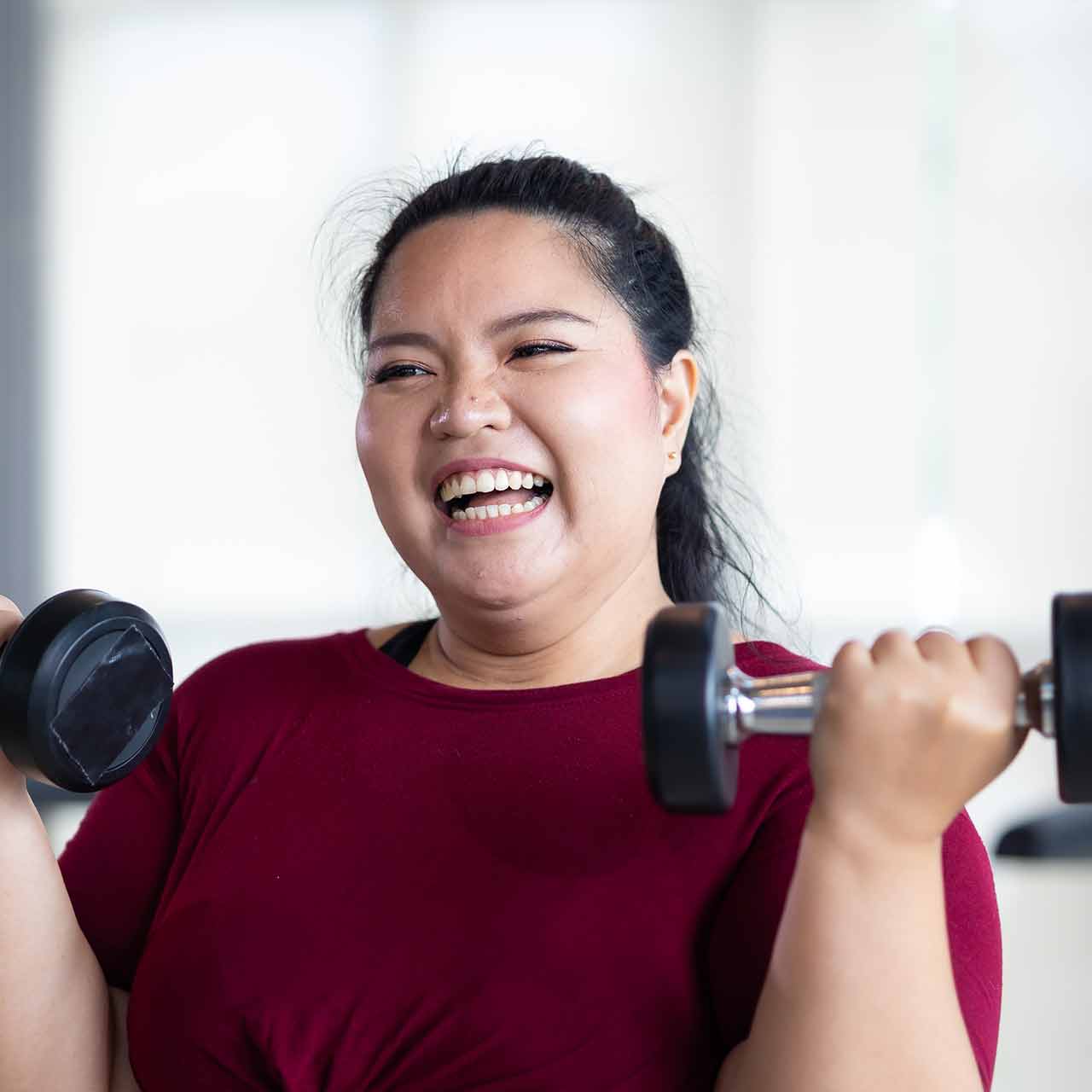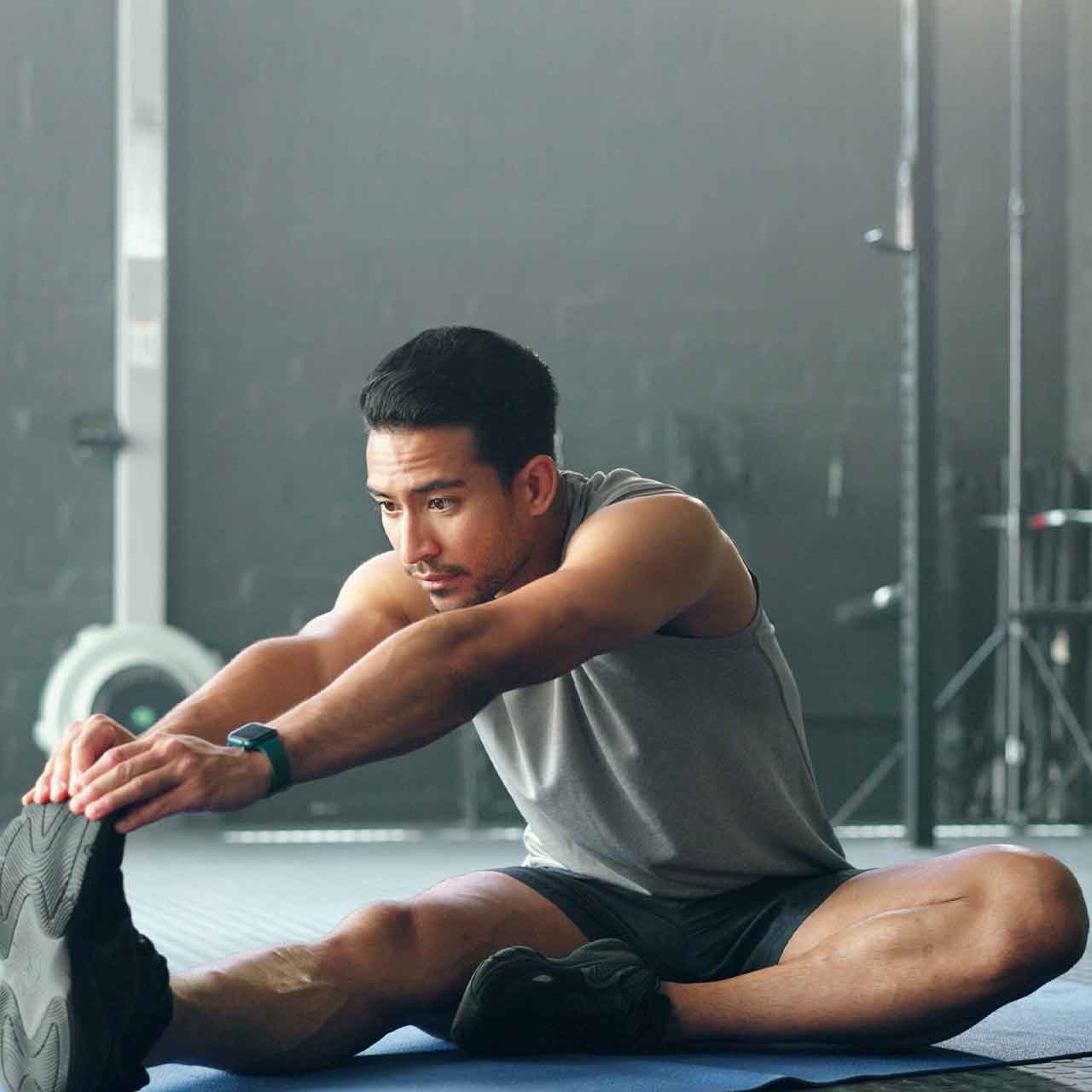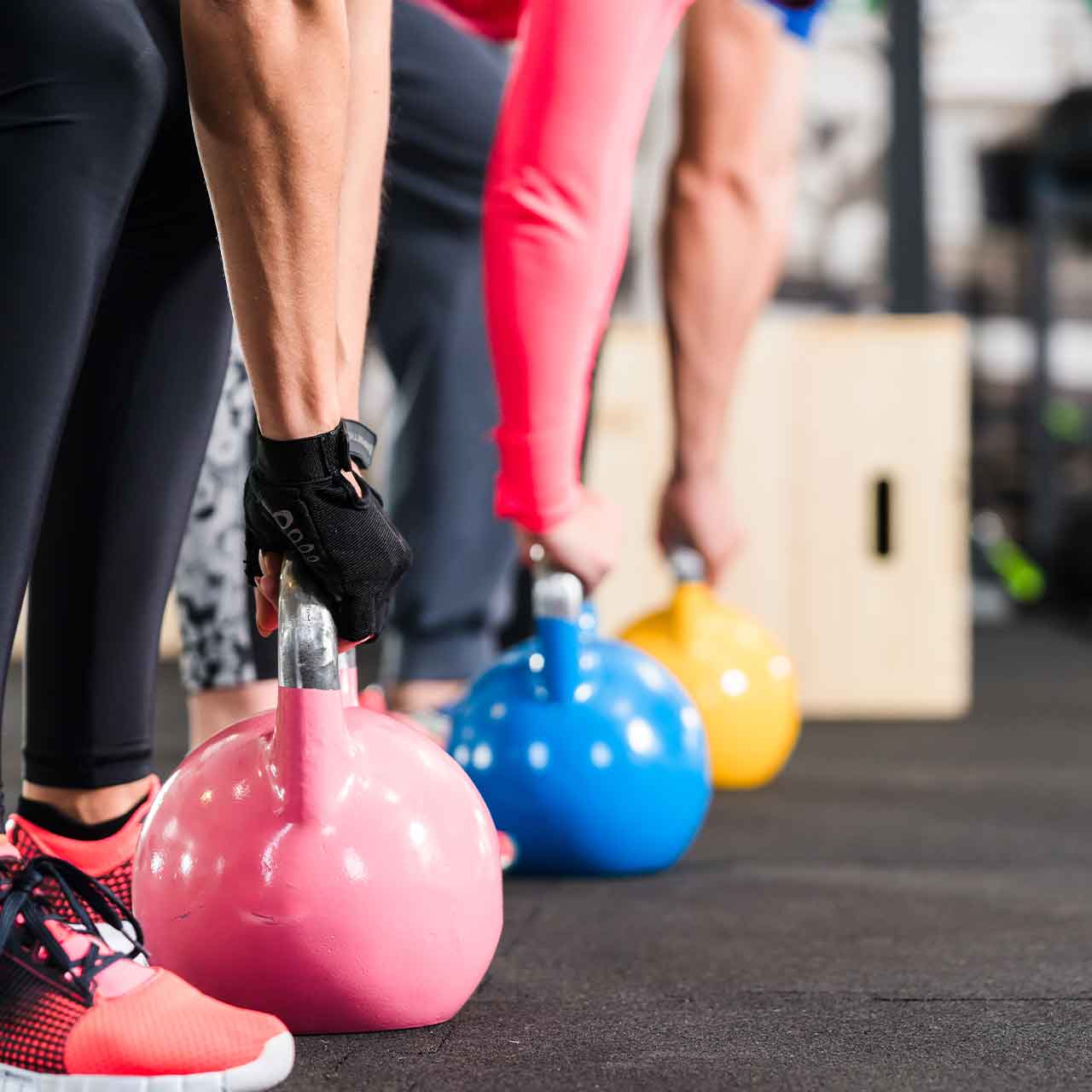Avoid “ego-lifting”

Train for yourself, not for image
In today’s fitness and sports world, it’s easy to get lost in comparisons. Whether it’s social media, gyms or competitions – athletes often no longer train for themselves, but for recognition, status or to be perceived in a certain light. This phenomenon is called ‘ego-lifting’, especially in weight training, but it affects athletes in many disciplines.
What is Ego Lifting?
- Training for appearance:
It’s not about progress or health, but about the question: “How do I look while doing it?” - Weights that are too heavy, without proper form:
The main thing is that it looks impressive – or makes a good post. - Comparison with others instead of focusing on yourself:
“Who’s lifting more than me?” - Training for validation (likes, admiration, status):
Motivation comes from the outside, not from within.
Why is this a problem?
- Increased risk of injury:
Poor technique and excessive ambition often lead to overuse injuries. - Rising mental pressure:
Constant comparison can cause frustration and self-doubt. - Long-term loss of motivation:
Training starts to feel like a duty instead of a personal goal.
How do you truly train for yourself?
- Define your own motivation:
Why do you do this sport? What does it personally give you? - Prioritize technique and long-term progress:
Small, sustainable gains are more valuable than short-term peak performance. - Consciously reduce social media use:
Comparisons with others can be misleading – your progress is what matters. - Make fun and well-being your standard:
Sport should give you energy, not take it away.
Lifestyle
⭐ New Year’s Resolutions: Every day is a new start
10 simple tips for your well-being
Avoid “ego-lifting”
Digital detox
Dopamine detox
Fit & Cosy: Allow yourself regular rest
Kiwi instead of melatonin
Less is more
No autumn blues: how to stay motivated when it’s grey outside
🎄 Stay fit and healthy throughout the festive season
⭐ New Year’s Resolutions: Every day is a new start
Biohacking & fitness optimization
Fit & Cosy: Allow yourself regular rest
Functional & mobility training
Mental health & holistic training
No autumn blues: how to stay motivated when it’s grey outside
Zero-Waste Fitness
🎄 Stay fit and healthy throughout the festive season









